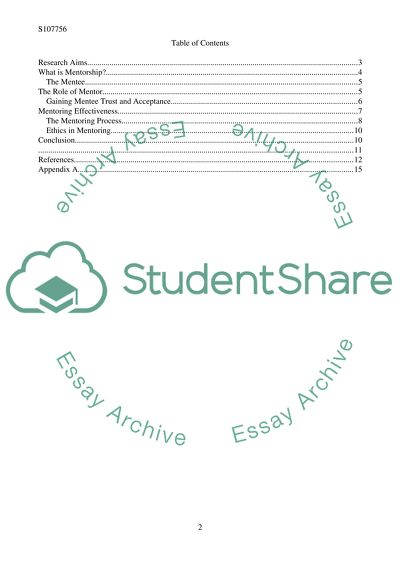Cite this document
(“Preparation for Mentorship ( Given Scenario) Essay”, n.d.)
Retrieved de https://studentshare.org/family-consumer-science/1412421-preparation-for-mentorship-given-scenario
Retrieved de https://studentshare.org/family-consumer-science/1412421-preparation-for-mentorship-given-scenario
(Preparation for Mentorship ( Given Scenario) Essay)
https://studentshare.org/family-consumer-science/1412421-preparation-for-mentorship-given-scenario.
https://studentshare.org/family-consumer-science/1412421-preparation-for-mentorship-given-scenario.
“Preparation for Mentorship ( Given Scenario) Essay”, n.d. https://studentshare.org/family-consumer-science/1412421-preparation-for-mentorship-given-scenario.


